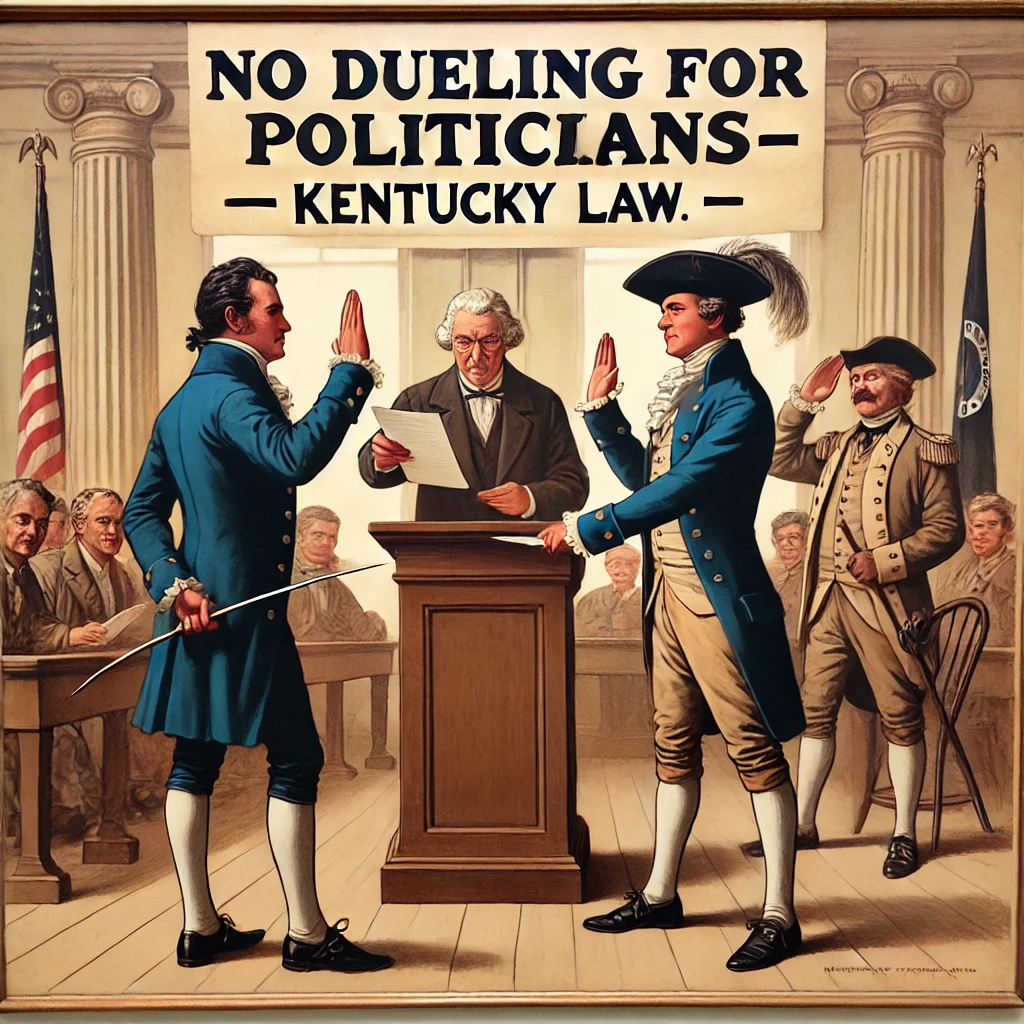
When you think of China, you might imagine its rich history, bustling cities, and ancient traditions. However, one of the country’s long-standing customs—fortune-telling—has been legally restricted in modern times. Under Chinese law, predicting the future, whether through palm reading, astrology, or other divination methods, is officially banned.
The Origins of the Fortune-Telling Ban
China has a deep-rooted history of divination, dating back thousands of years. From emperors consulting the stars to everyday people seeking guidance from fortune-tellers, the practice has long been a part of Chinese culture. However, as China moved towards modernization under Communist rule, many traditional practices were viewed as superstitious and unscientific. In an effort to promote rational thinking and prevent scams, fortune-telling was outlawed.
The Crackdown on Fortune-Tellers
While fortune-telling remains popular in underground circles, authorities frequently crack down on practitioners. Those caught engaging in divination can face fines, imprisonment, or other penalties. The government classifies fortune-telling as a fraudulent practice, often linking it to social instability or financial exploitation.
In some cases, enforcement has been particularly strict. Reports have surfaced of police raiding fortune-telling shops and arresting astrologers who operate openly. Even online horoscope services have come under government scrutiny.
Is the Law Still in Effect Today?
Despite the ban, fortune-telling remains widely practiced, particularly in rural areas and among older generations. Many fortune-tellers operate discreetly, offering their services in temples or private settings. The internet has also provided a new avenue for astrology and divination to thrive, with many people turning to social media for daily horoscopes and predictions.
While the Chinese government continues to discourage the practice, enforcement varies by region. In major cities, authorities are more likely to take action against public fortune-telling businesses, whereas in smaller towns, it is often overlooked.
The Legacy of the Fortune-Telling Ban
The ban on fortune-telling highlights China’s ongoing efforts to balance tradition with modern governance. While the government views the practice as superstition, many citizens still find comfort and guidance in ancient methods of prediction. Whether openly or in secret, fortune-telling continues to be an enduring part of Chinese culture, proving that some traditions are hard to erase—even by law.
So, if you ever visit China and feel curious about your future, be cautious—seeking out a fortune-teller might not just reveal your fate, but could also put you on the wrong side of the law!




